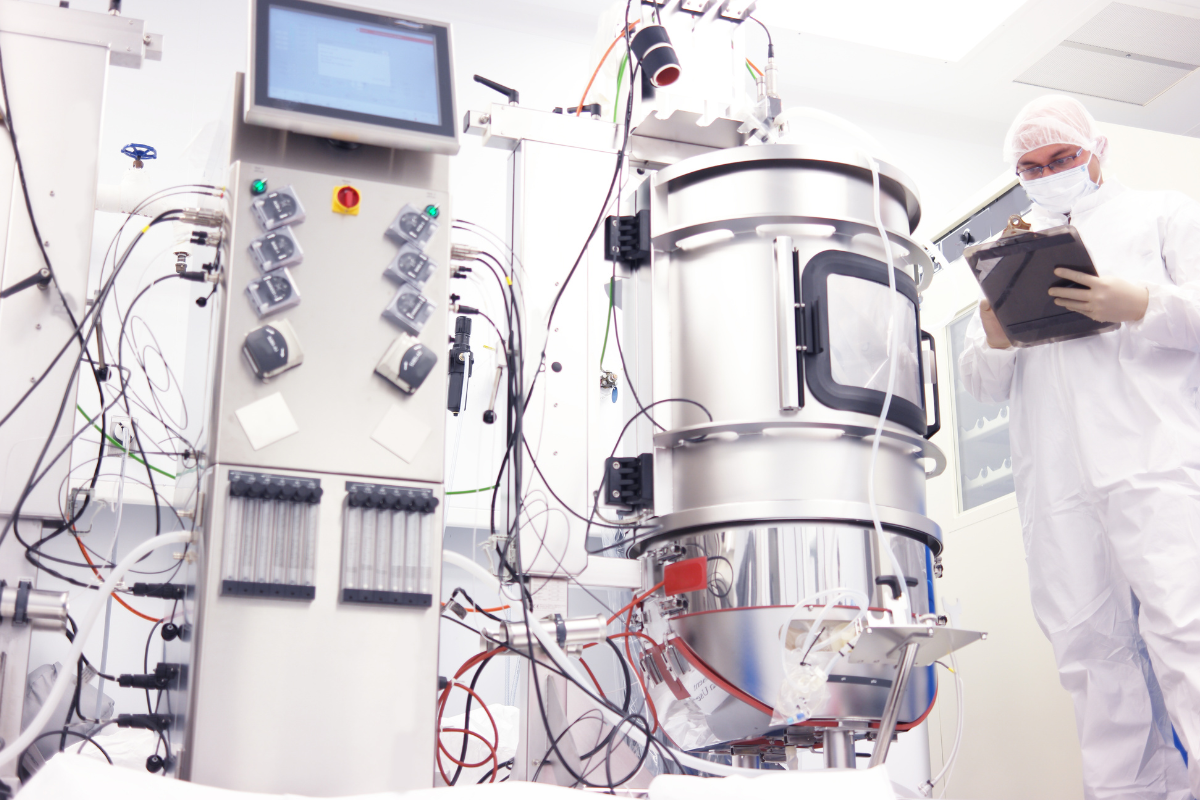Sustainable Medicines Partnership: A Pan Stakeholder Action Collaborative

At Oxford Global’s Sustainability in Pharma and Healthcare congress, day one’s keynote presentation was delivered by Nazneen Rahman, CEO of YewMaker and Director of the Sustainable Medicines Partnership (SMP). Rahman has spent 20 years on the cutting edge of transformational healthcare in genomics and is now emerging as a key leader in sustainable medicines research.
Rahman kicked off her presentation by explaining that the subjects of healthcare and climate change are deeply intertwined. First, carbon emissions and climate change are bad for our health, and therefore the healthcare sector will be responsible for taking care of those aspects. Secondly and unfortunately, the healthcare industry is bad for the climate, making up about 5% of global greenhouse gas emissions.
“Now is the time for change,” said Rahman, “urgent action has been needed for some time.” However, one positive aspect is that the drive to change is also higher than ever – so Rahman and the SMP are focused on making the most of this motivation.
It is important to take into account the fact that all companies across the healthcare industry need to make changes to their practices in the interest of sustainability. Rahman noted that this should not be viewed as a competition: “we need to raise the floor; we have to conduct the business of healthcare in a sustainable way because that is the best way to deliver healthcare.”
Herein lies the need for a collaborative effort to achieve sustainable healthcare. “We need to work together, differently,” said Rahman. Rather than focusing on individual liabilities and responsibilities within the existing paradigms of the industry, companies need to work together to change the foundations. Therefore, it is important to set ambitious and common goals for the industry to collaborate on.
Common Goals and Partnerships of the SMP
A huge and overarching problem in healthcare is the fact that too many medicines are wasted. 4.5 trillion drugs are manufactured every year, and each year, hundreds of billions are never used. Rahman said that the SMP’s goal to tackle this enormous waste was chosen because it is an undisputed and uncontroversial aim.
RELATED:
- Insulin: Recombinant Production, Sustainability, and Chemistry
- The Future of Peptide Chemistry and Sustainability
- Sustainable Synthesis of Therapeutic Oligonucleotides
“Medicines are the single largest sector of carbon emissions by the NHS [25%], and a very large proportion of their spend [12.5%],” explained Rahman. “So any reduction in this would make a substantial change.”
The SMP is a multi-stakeholder, private-public, not-for-profit, global partnership focused on action. “We are executing a program to build, test, and scale frameworks and solutions to reduce the waste of medicines and the waste from medicines.” The four-year programme aims to deliver sustainable, science-based, and scalable solutions through a variety of integrated projects.
The partnership centres around six pillars for sustainable medicine: measurable impacts, end-to-end visibility, better shelf life, digital by default, every dose used, and sustainable packaging.
The Projects
Metrics for Medicines
The first project that Rahman introduced is called ‘Metrics for Medicines’. Its central problem is that there is currently no way to measure the carbon footprint of medicines. All current figures are based on top-down economic modelling, which fails to give an accurate prediction of each company’s footprint.
The SMP are developing a software tool called MCF Classifier to aid in the measurement of pharma’s environmental impact. The software integrates chemistry, product, and company metrics with cost and use data into a practical system that enables producers to be carbon informed.
Track More to Treat More
‘Track More to Treat More’ is a project that tries to tackle the lack of data around medicines, their position and direction within the supply chain. The problem is that billions of medicines never reach a patient every year, so this SMP project aims to implement solutions to reduce this waste.
One approach is to standardise the reporting of excess medicines, ensuring that all parties involved in the supply chain use a uniform system to report excess inventory. Another strategy is to benchmark the supply, distribution, and shelf life of medicines, which can help identify inefficiencies and areas for improvement.
Additionally, deep data analytics can be used to reduce medicines waste by identifying patterns and trends in usage and demand. Incentivising the reduction of medicine write-offs can also be effective in reducing excess inventory. Finally, it can be helpful to template successful reallocation programs, drawing on successful case studies to inform future efforts.
Digitising Medicines Information
Over 100 billion paper medication leaflets are printed for medicines every year. The resources that this consumes amounts to roughly 9 million trees, enough water to fill Sydney harbour four times, and enough energy to fuel 50,000 homes for a year.
The SMP’s ‘Digitising Medicines Information’ project proposes to standardise cutting these leaflets down to one page of essential information in a sheet they have come to call a BIL (brief information leaflet). Furthermore, moving towards a digital-first approach and abandoning unread leaflets in hospital delivered medicines are also goals for the project.
Circular Packaging Solutions
The final problem that Rahman touched upon was the implementation of circular packaging solutions. Most plastic used for medicines packaging is single use, which in turn creates a lot of waste that cannot be recycled. An issue with finding a solution to this problem is the fact that packaging in medicines serve a critical function in protecting the product from spoil, so changing the packaging is liable to compromising on safety.
Rahman said that about 30% of blister pack plastics could be changed to more sustainable solutions, but the remaining 70% will still requires complex composite packaging. This is what has got the SMP excited in the concept of chemical recycling: a more feasible alternative to mechanical recycling that involves converting plastic back into its molecular building blocks in order to be reused.
This solution has already been adopted in areas of the food industry, promoting a tempting precedent for use in pharma. A hurdle to this is the fact that the strict frameworks that govern what is allowed in pharma packaging do not celebrate recycled plastics, so further development and campaigning will be necessary.
About the SMP
The SMP recently closed their call for founding collaborators in October 2022, with 42 associated groups. Their collaboration casts a broad net across all areas of the industry. “They include pharma, generic and retail medicines manufacturers, distributors, supply chain, technology providers, healthcare, hospitals, pharmacy, academia, policymakers and changemakers,” said Rahman.
Lastly, Rahman noted some insights into the SMP’s activities beyond their projects. Among these ventures are round tables that bring together stakeholders and experts, and publishing reports into sustainable pharma. They have received funding for the NHS for their ‘Metrics for Medicines’ project and have been labelled a top trend by Reuters in 2021. The mission to create sustainable solutions for pharma and healthcare remains resolute in its aims; through collaboration the industry moves toward a more mindful and less wasteful future.
Our Sustainability in Pharma & Healthcare Congress programme brings together international pharmaceutical organisations and healthcare providers from around the globe to discuss and cooperate on carbon zero and sustainability targets. Join over 150 leaders in sustainability, global supply, procurement, sustainable medicines and climate policy in this unmissable In-Person event.






